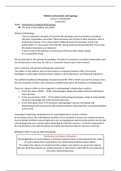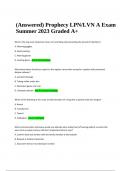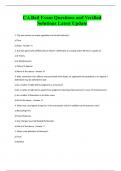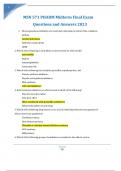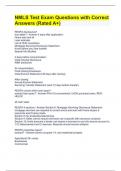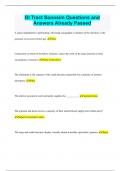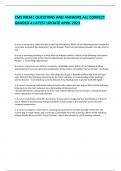Overig
Political and Economic Anthropology, all lectures (notes)
In this document you will find the notes I took during all the lectures of the subject Political and Economic Anthropology, given at the VU (cultural anthropology & several minors). It invloves parts of the powerpoints which were shown, as well as notes on the information our teachers have given us...
[Meer zien]
